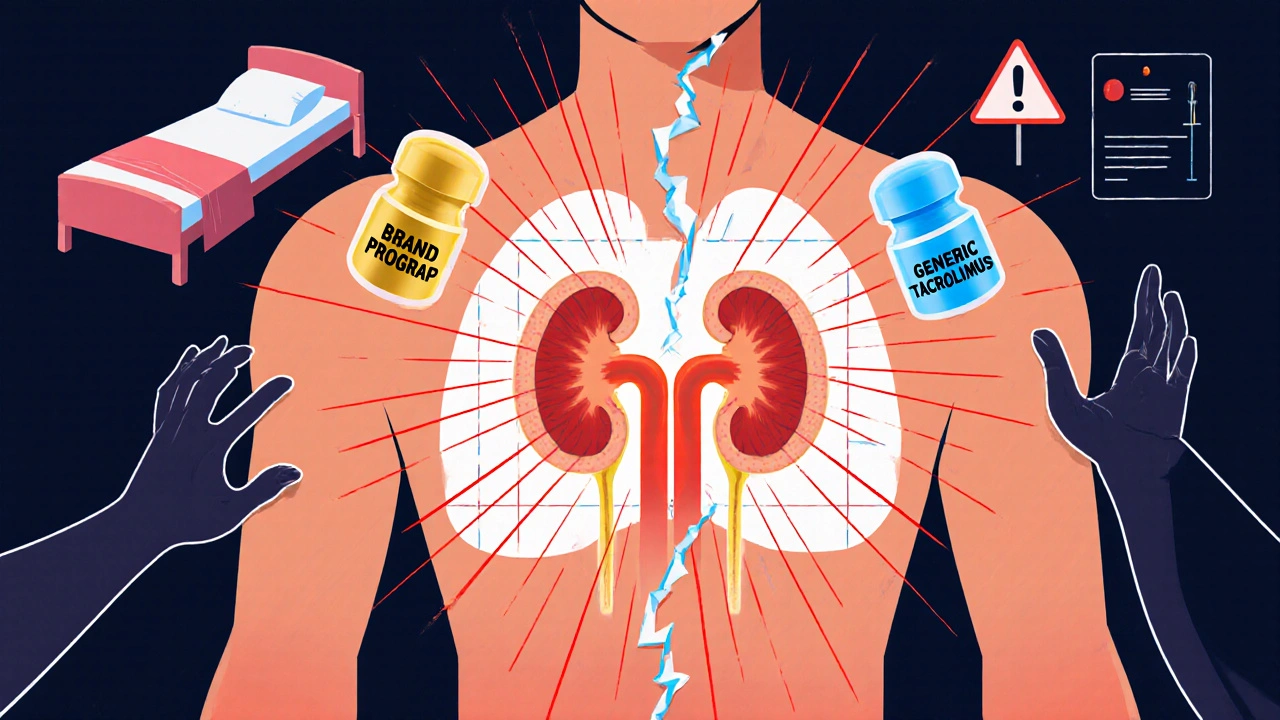Immunosuppressants: What They Are, How They Work, and What You Need to Know
When your immune system turns against your own body—or attacks a transplanted organ—immunosuppressants, drugs that reduce the activity of the immune system to prevent damage. Also known as anti-rejection drugs, they’re essential for people who’ve had kidney, liver, or heart transplants, and for those with conditions like lupus or rheumatoid arthritis. These aren’t antibiotics or painkillers. They don’t kill germs. Instead, they quiet down the body’s natural defense system so it doesn’t destroy what it’s supposed to protect.
There are several major types, each working differently. corticosteroids, like prednisone, reduce inflammation and suppress immune cell activity—they’re fast-acting but come with weight gain, bone loss, and mood swings if used long-term. Then there are calcineurin inhibitors, such as tacrolimus and cyclosporine, which block signals that tell immune cells to attack. These are the backbone of most transplant regimens but need regular blood tests because they can harm the kidneys. antimetabolites, like mycophenolate, stop immune cells from multiplying, and mTOR inhibitors, like sirolimus, slow down cell growth and help prevent organ rejection without as much kidney damage. Each has trade-offs: effectiveness vs. side effects, cost vs. accessibility.
People on these drugs aren’t just taking pills—they’re managing a constant balancing act. Too little, and the body rejects the transplant or flares up with autoimmune disease. Too much, and you’re at risk for serious infections, certain cancers, or organ toxicity. That’s why monitoring blood levels, avoiding live vaccines, and watching for signs of illness are part of daily life. Many patients also take other meds to protect their stomach, bones, or blood pressure because immunosuppressants don’t work in a vacuum—they interact with everything else in your system.
The posts below dive into real-world details: how these drugs affect liver function, what happens when you switch brands, why some people get sick more often, and how to spot early warning signs of complications. You’ll find comparisons between common drugs, stories about long-term use, and practical advice on managing side effects without giving up the benefits. Whether you’re a transplant patient, someone with an autoimmune condition, or just trying to understand what these drugs really do, this collection gives you clear, no-fluff answers—based on what actually happens in clinics and homes, not just textbooks.

